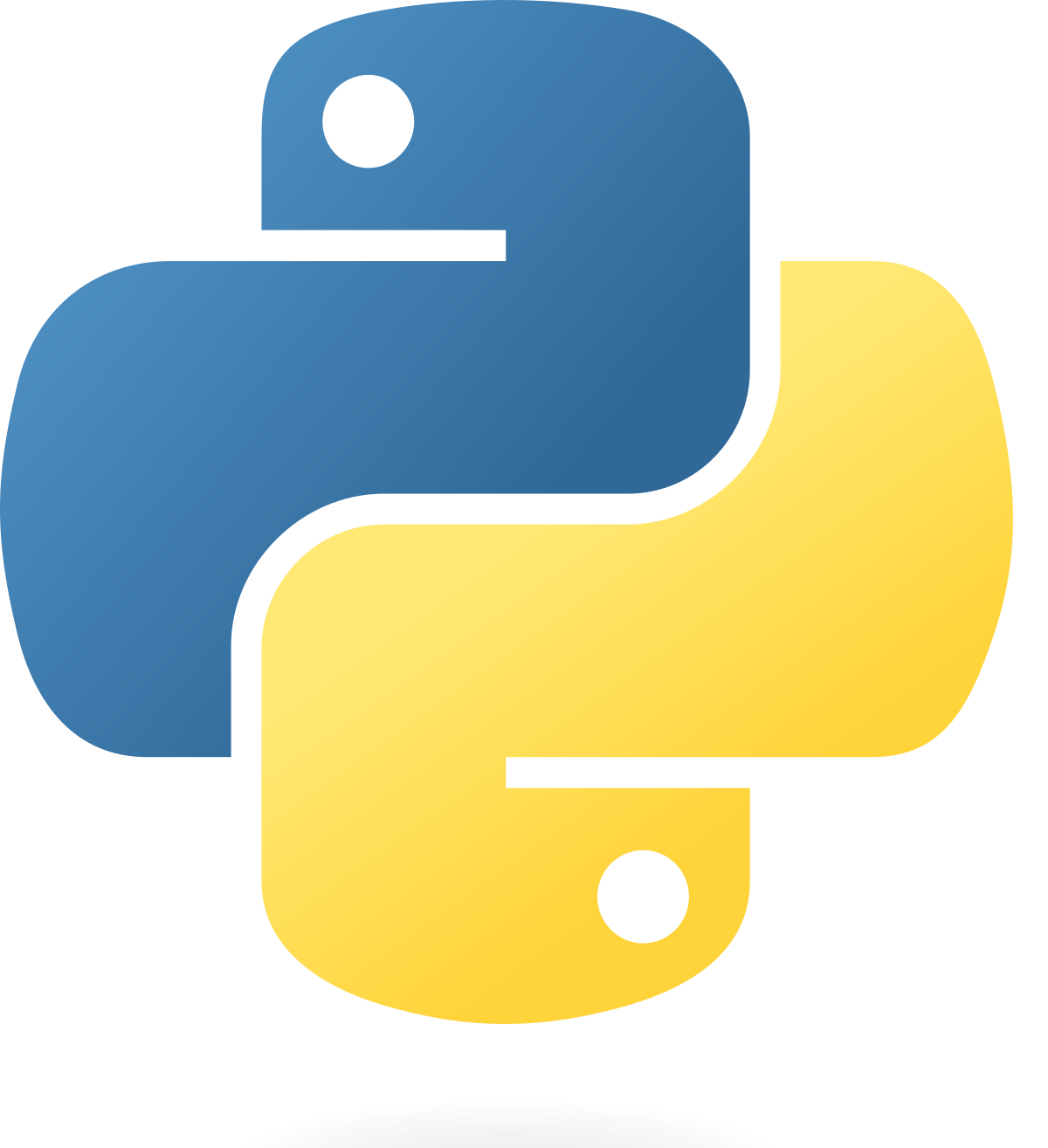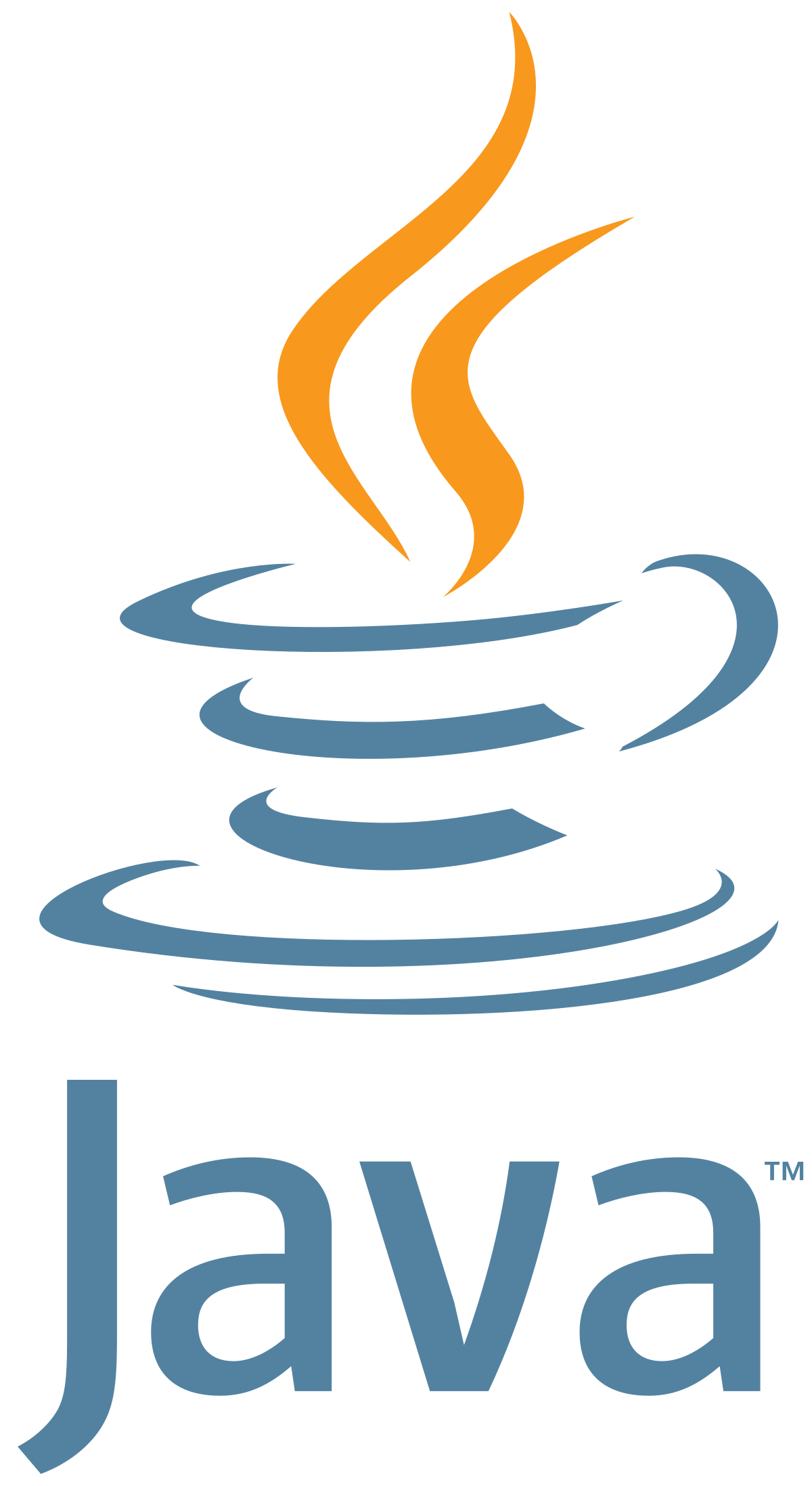Maybe there is more jobs for java programmers, but learn python will not hurt and will be faster them learn java.
PS: Python is 4 years older than java:
Seqanswers Leaderboard Ad
Collapse
Announcement
Collapse
No announcement yet.
X
-
Maybe so, the reason I recommended Java first was it would open up more career opportunities, and Python is still relatively new but growing in demand.
Leave a comment:
-
I think the oposite is better
I think it's better to learn python first because it's software development is easer to use, you just need the interpreter and a text editor, java on the other hand needs eclipse, maven, ant, XML files, etc, etc.
Learn the basic concepts in phyton quick and them go to Java.
Leave a comment:
-
learn Java for now and Python for later. Many of the startup companies are looking for these skills combined with bioinformatics analysis skills.
Leave a comment:
-
Preferred languages to work in?
Hello everybody,
My rather limited bioinfromatics skills come from having done some microarray data analysis in R (following a template code) and some minor coursework. So, I consider myself quite a newbie to the subject. I will quite soon be shaking hands with some sequencing data (from a Helicos machine) and need to prepare myself for this.
Being of a younger generation, I would say I can handle computers pretty well. So far I have, as recommended in this nice thread, started to take a look at the Unix and Perl for Biologist tutorial and installed Ubuntu in Virtual PC on my Windows computer.
What I'd like to ask you, SEQanswers community, is whether you can suggest me anything helpful. Am I starting out in the right way? I will get some bioinformatics help along the way, though I am unsure to what extent. Also, I see this as a part of my future career, so I am not just doing this for one particular project.
Edit: I have just realized that the Helicos software package uses Python.Last edited by Calico; 04-20-2010, 08:07 AM.Tags: None
Latest Articles
Collapse
-
by seqadmin
The field of epigenetics has traditionally concentrated more on DNA and how changes like methylation and phosphorylation of histones impact gene expression and regulation. However, our increased understanding of RNA modifications and their importance in cellular processes has led to a rise in epitranscriptomics research. “Epitranscriptomics brings together the concepts of epigenetics and gene expression,” explained Adrien Leger, PhD, Principal Research Scientist...-
Channel: Articles
04-22-2024, 07:01 AM -
-
by seqadmin
Proteins are often described as the workhorses of the cell, and identifying their sequences is key to understanding their role in biological processes and disease. Currently, the most common technique used to determine protein sequences is mass spectrometry. While still a valuable tool, mass spectrometry faces several limitations and requires a highly experienced scientist familiar with the equipment to operate it. Additionally, other proteomic methods, like affinity assays, are constrained...-
Channel: Articles
04-04-2024, 04:25 PM -
ad_right_rmr
Collapse
News
Collapse
| Topics | Statistics | Last Post | ||
|---|---|---|---|---|
|
Started by seqadmin, Today, 08:47 AM
|
0 responses
12 views
0 likes
|
Last Post
by seqadmin
Today, 08:47 AM
|
||
|
Started by seqadmin, 04-11-2024, 12:08 PM
|
0 responses
60 views
0 likes
|
Last Post
by seqadmin
04-11-2024, 12:08 PM
|
||
|
Started by seqadmin, 04-10-2024, 10:19 PM
|
0 responses
59 views
0 likes
|
Last Post
by seqadmin
04-10-2024, 10:19 PM
|
||
|
Started by seqadmin, 04-10-2024, 09:21 AM
|
0 responses
54 views
0 likes
|
Last Post
by seqadmin
04-10-2024, 09:21 AM
|


Leave a comment: